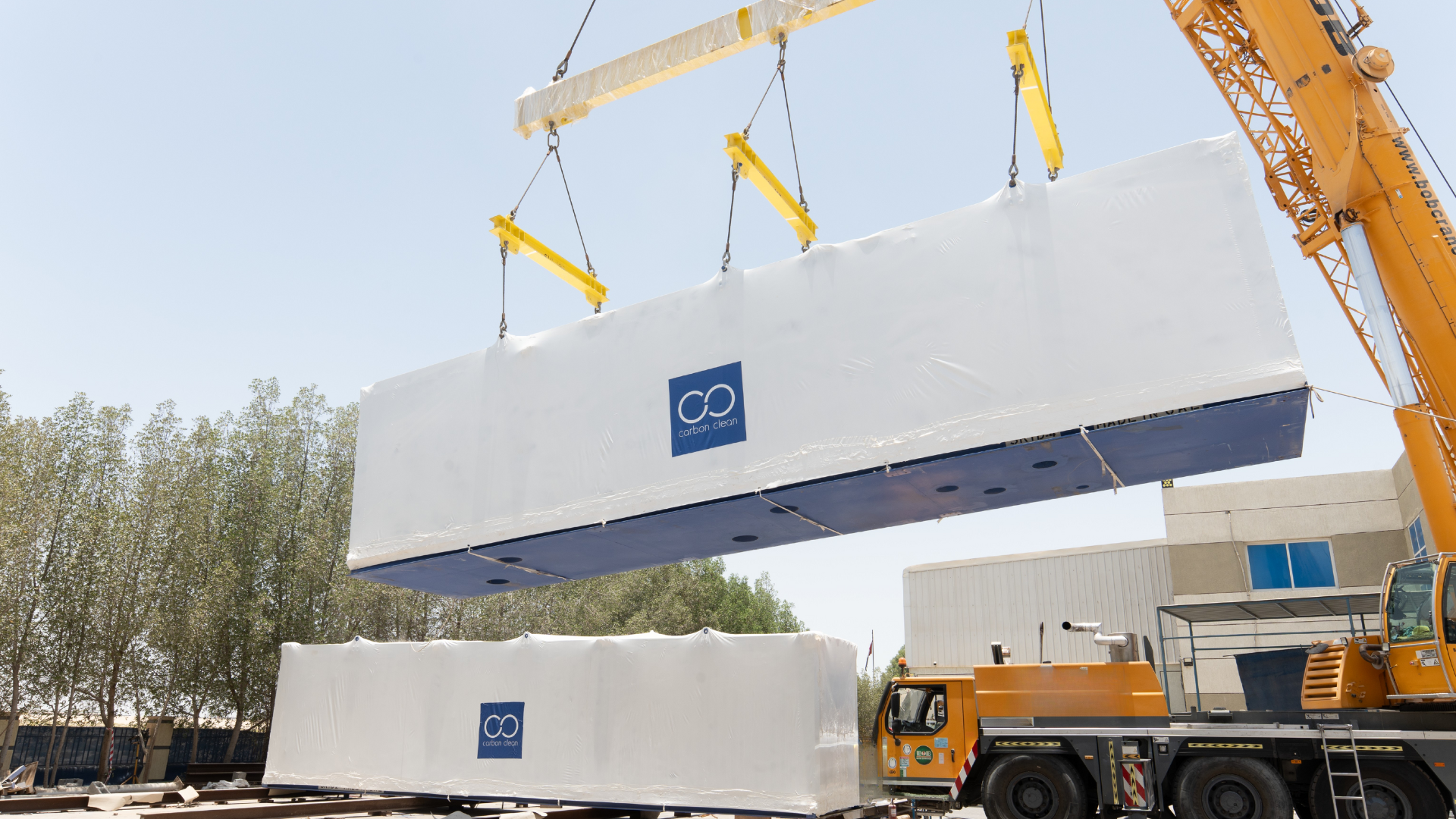The deployment of carbon capture, utilisation and storage (CCUS) makes absolute business sense. It needs to, if we are to achieve the rapid scaling required to tackle the hard-to-abate emissions coming from the industrial sector.
The pace is picking up - 2022 was a landmark year for the CCUS sector with over 60 new projects added to the global CCUS project pipeline, making a total of 30 CCS projects in operation, 11 under construction and 153 in development globally. But installed capacity needs to increase 120-fold by 2050 to meet climate targets, and to achieve this we still need a favourable policy environment.
The right policies can draw in private finance, giving businesses the confidence to invest, supporting the much-needed emergence of transport networks and storage sites, and delivering the necessary regulations to enable the acceleration of decarbonisation strategies.
Currently, there’s one landmark piece of legislation held up as an example of what is needed elsewhere. The Inflation Reduction Act (IRA) in the US has dramatically changed the conversation and shifted the centre of gravity for industrial decarbonisation.
In particular, the expansion in the value and eligibility of the 45Q tax credits for capturing carbon has driven a surge of interest from industrial businesses seeking to reduce their emissions – we’ve seen inquiries grow by 64% since the IRA’s passage in August 2022. Last week’s draft regulations from the US EPA requiring all large fossil fuel power plants to use CCS or low carbon hydrogen from the mid-2030s will also provide a huge further boost to the momentum behind CCS in the US.
But as the policy summaries in our newly launched knowledge centre highlights, there has also been lots of progress outside of the US.
Beyond the US
In Canada, the investment environment for CCUS has been boosted by the federal government’s 2030 Emissions Reduction Plan, including further details of its CCUS Tax Credit, combined with the existing Federal Output-Based Pricing System – considered one of the most aggressive carbon pricing programmes in the world.
While in the EU, the Green Deal Industrial Plan has offered a big boost to CCUS. The Net Zero Industry Act, announced in March, offers fast-tracked planning for CCUS projects and requires member states to report on their progress developing CCUS. Along with the earlier reform of the EU Emissions Trading Scheme (ETS), finalised at the very end of 2022, and the forthcoming introduction of the Carbon Border Adjustment Mechanism (CBAMs), these policies will incentivise a rapid increase in the pace of decarbonisation in key industries, including cement, steel, refineries and energy from waste – for which CCUS is a vital technology.
The UK has meanwhile shortlisted carbon storage projects which may be supported under its cluster sequencing programme and begun the process of legislating to create the legal framework to enable the capturing, transport and storage of carbon dioxide at scale, through the proposed Energy Bill. The recent Spring Budget Statement also saw the announcement of £20bn in funding to support the rollout of the first capture projects for industrial emitters linked to storage clusters.
Where and what next?
To get an idea of the scale and location of the challenge for industrial decarbonisation – and the potential for CCUS - we recently mapped industrial emissions for every major site across Europe and the US. It makes for fascinating viewing, revealing emissions hotspots by geography and sector.
Fortunately, the early indications are that policymakers understand the need to accelerate deployment of CCUS technologies to tackle these emissions hotspots and we are expecting some positive policy announcements imminently.
In Europe, industry is working with the European Commission to develop a new ‘Communication on CCUS’ to be published this year, which will define the role, scope, and requirements for CCUS technologies in achieving Europe’s climate and energy goals for 2030 and 2050. The Communication is expected to include clear CCUS deployment targets for the EU, may require member states’ national plans to incorporate CCUS, and is expected to include the development of an atlas of CO2 storage sites in the EU.
The British government, meanwhile, will shortly be announcing details of an expanded Track 1 programme, supporting more emitter projects to capture and store CO2 near the East Coast and HyNet clusters, as well as a streamlined selection process for two additional carbon storage clusters to receive support.
Following the lead of the 45Q tax credit in the US, we also expect the Canadian government to pass legislation implementing its CCUS Tax Credit, although the devil will be in the detail – it will be key that the tax credit offers incentives similar to those of the 45Q credit to substantially boost investment.
Many countries are clearly playing catch up to the US, and there have been obvious signs of concern from many governments as they consider how best to respond to the lure of the IRA to their native clean tech businesses.
But it’s also important that the US doesn’t squander its lead. Ensuring that the IRA’s incentives remain intact through upcoming political cycles is essential for maintaining momentum on industrial decarbonisation and keeping the pressure up on other nations to accelerate CCUS deployment.
In the US, the penny has most definitely dropped that delivering for climate change can also deliver for domestic economies. So, despite wider economic headwinds, we expect policymakers to continue to see CCUS as a major opportunity.
Visit Carbon Clean’s newly launched knowledge centre to find summaries of policy and funding announcements and a interactive industrial emissions heat map.



